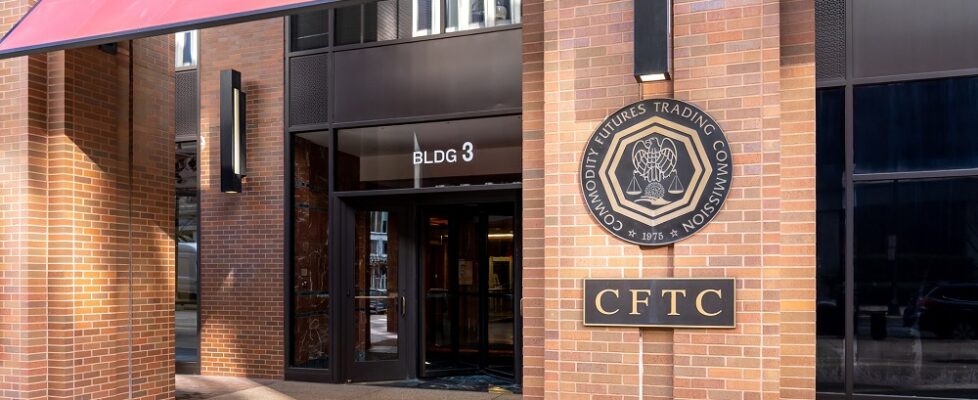CFTC secures Court order against Monex Deposit Company, Newport Services Corporation
The Commodity Futures Trading Commission (CFTC) today announced the U.S. District Court for the Central District of California entered a consent order for permanent injunction, monetary sanctions, and equitable relief against Monex Deposit Company, Monex Credit Company, Newport Services Corporation, and their owners Louis Carabini and Michael Carabini.
The order requires the defendants to pay $33 million in restitution to customers, and a $5 million civil monetary penalty. The order further bars the defendants from trading futures or options on a regulated market, unless such trading is for the purpose of hedging. It also bans the defendants from registering in any capacity with the CFTC for 10 years, and permanently enjoins them from engaging in off-exchange leveraged retail commodity transactions or fraud.
The order resolves a CFTC action filed against the defendants on September 6, 2017, alleging that, while acting as a common enterprise, the defendants executed illegal, off-exchange leveraged retail commodity transactions for thousands of customers, and engaged in pervasive fraudulent sales solicitations.
The order comes after substantial litigation, including two appeals to the Ninth Circuit, entry of a preliminary injunction against the defendants, an order granting summary judgment in favor of the CFTC on the charges relating to the offering and execution of illegal retail commodity transactions, and also imposing a permanent injunction prohibiting the defendants from engaging in leveraged retail commodity transactions.
As found in the order, between July 16, 2011 and August 31, 2021, the defendants operated a retail over-the-counter trading platform, known as “Atlas,” which allowed customers to speculate on precious metals price movements, with Monex acting as the counterparty to every transaction. During the relevant period, the defendants executed thousands of leveraged trades with retail customers, all of which were required to be executed on a regulated exchange, but were not, as found by the court in an earlier order.
The order also finds the majority of these trades resulted in losses for Monex’s customers and the defendants engaged in fraud in the solicitation of customers. Specifically, Monex touted the importance of precious metals as a hedge against economic uncertainty. Monex’s solicitations highlighted profits, claiming that precious metals offer “outstanding price appreciation” and “outstanding profit potential.”
Monex trained its sales representatives to pitch leveraged trading with descriptions of the possibility of “30-40% net gains,” “annualized rate of return of 20% or more” and “unlimited upside potential” according to the order. Monex also trained its sales force to gain customers’ trust in order to make sales. In addition, Monex incentivized its sales staff to push customers into leveraged trading with increased commissions and bonuses, the order finds.
Monex never disclosed that the majority of its customers lost money, according to the order. As a result, Monex’s claims about the profitability of leveraged trading of precious metals were misleading. Moreover, Monex’s customers who expected to make profits from such trading instead lost money, the order finds. The order further finds that Louis and Michael Carabini controlled Monex and are liable for its illegal activities.
The CFTC cautions that orders requiring repayment of funds to victims may not result in the recovery of any money lost because the wrongdoers may not have sufficient funds or assets.





